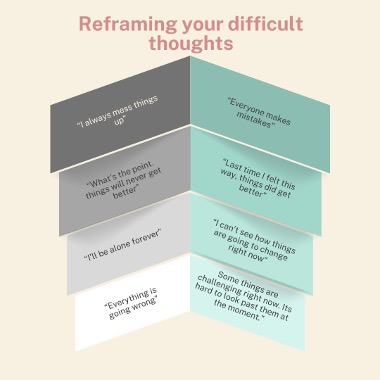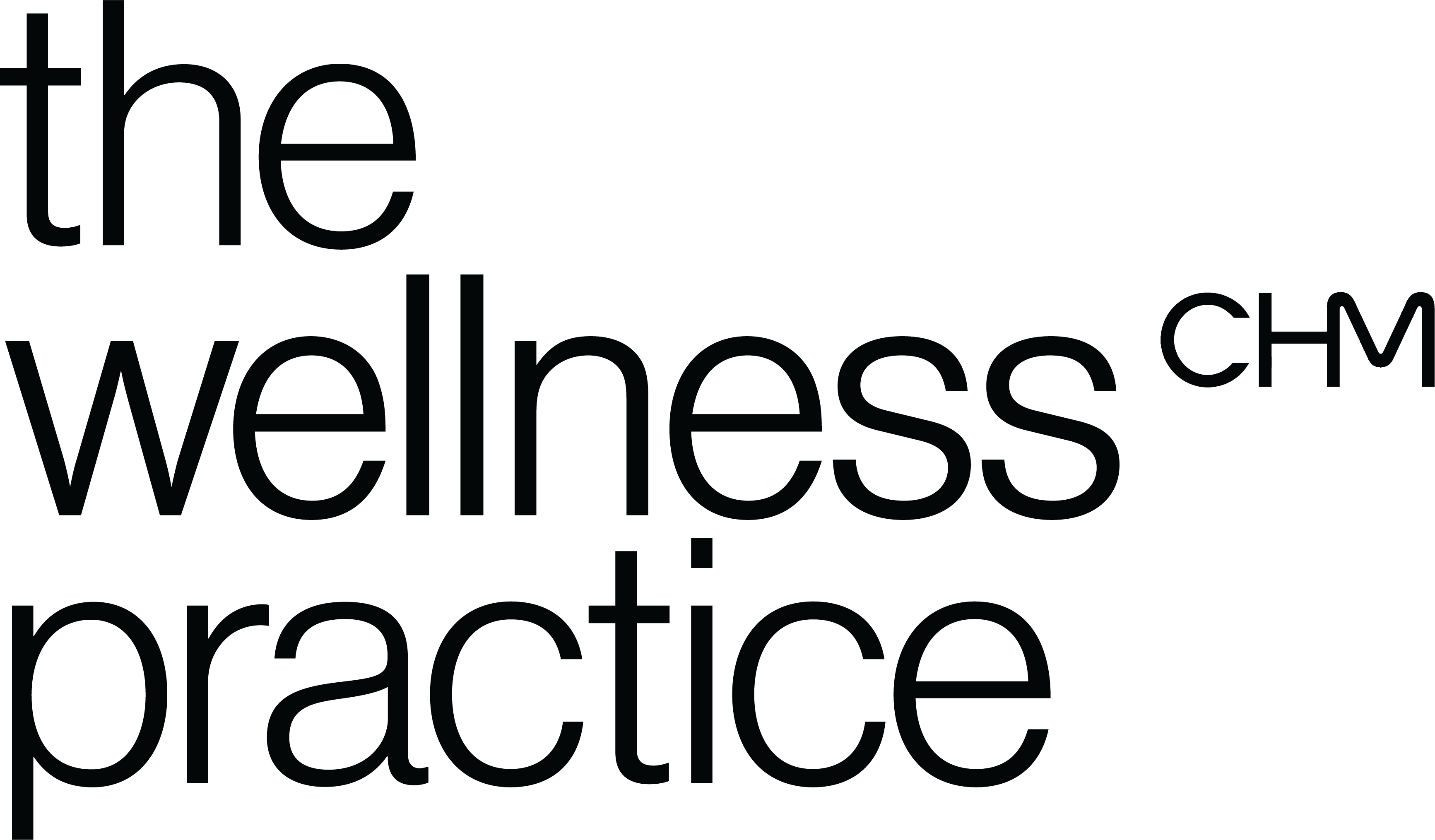We all have pessimistic thoughts about our jobs, what others think of us, our relationships, our self-worth, and our future. These uninvited negative thoughts intrude on big moments and day-to-day moments alike. They often feel true, like an unbiased assessment of the people, situations, and world we encounter, as well as an unbiased assessment of our value, mistakes, and contributions.
These intrusive thoughts often develop from our very human desire for efficiency and safety. Our brain tries to glean all it can from past hurts to prevent future situations of hurt. However, this can lead to some unhelpful consequences. Unhelpful thoughts are rigid, inflexible, and often disregard evidence that contradicts them. They tend to be overly negative, self-critical, and generalized, focusing on worst-case scenarios.
The problem is that these thoughts feel like facts rather than what they really are: opinions. Sometimes they’re just plain wrong or exaggerations of the truth. Sometimes they reflect more about our past hurts than the situation in front of us. When we stop and take time to evaluate them, we give ourselves the opportunity to unburden ourselves from things that aren’t true, and to see our problems with the intensity that they warrant.
Reframing these thoughts involves making these negative intrusive thoughts more accurate, flexible, specific, and honest about the role our feelings of anxiety and trepidation play in their formation. Sometimes, reframing will lead to a dramatically different interpretation, while at other times, it will simply reduce the intensity of the original thought.”
🌟 It’s time to take control of your thoughts! 🌟
Try this: the next time a negative thought pops into your mind, pause and ask yourself:
• Is this really true?
• Could there be another perspective?
Share your experiences or a reframe you’ve tried in the comments below, or jump onto our Instagram post and share there! Let’s support each other in turning down the volume on our inner critic.





